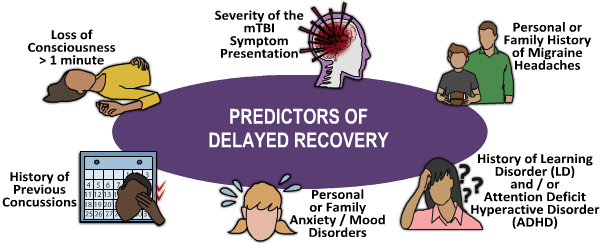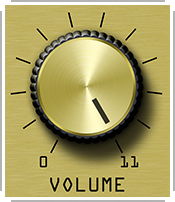Predictors & Contributors
 |
When accounting for delayed recovery, you must look at the bigger picture. It’s important to assess the level of exertion a patient can tolerate, and to check for all the contributing factors.
Contributing Factors
When post-concussion symptoms persist, they often signal the presence of undiagnosed or undertreated contributing factors. These may be prior issues that have been made worse by the brain injury or may be new issues that commence as a result of the injury, thereby clouding the picture. A typical patient with delayed recovery may present with several contributing factors. Courtesy ThinkStock: Raymond Mclean
|
Brain injury is like a volume control knob. It’s an "equal opportunity" disorder that affects everything. It may amplify pre-morbid conditions. For example, a patient with a learning disability may struggle more with learning.
Anxiety is an example of a factor that can be both a pre-existing condition and a result of the injury. If the patient tends toward anxiety, he or she will likely have more anxiety due to the injury. It’s impossible to determine what percentage of the anxiety was present before and what came after. With any of these heightened issues, it doesn’t matter whether it’s the chicken or the egg. You must treat it, or your patient won’t get better. |
If one contributing factor is present, it raises the possibility there is another, so it’s advisable to look for all of them, or to refer the patient to the health care professional who can diagnose and treat each condition. Treatments for symptoms are generally the same no matter the cause, although in some cases determining the etiology can determine the best course of treatment (for example: the balance issues arising from central or peripheral issues). But, generally, a neurologist would treat a migraine like a migraine, no matter how it started, and anxiety is managed like anxiety, whether it arose before or after the injury.
